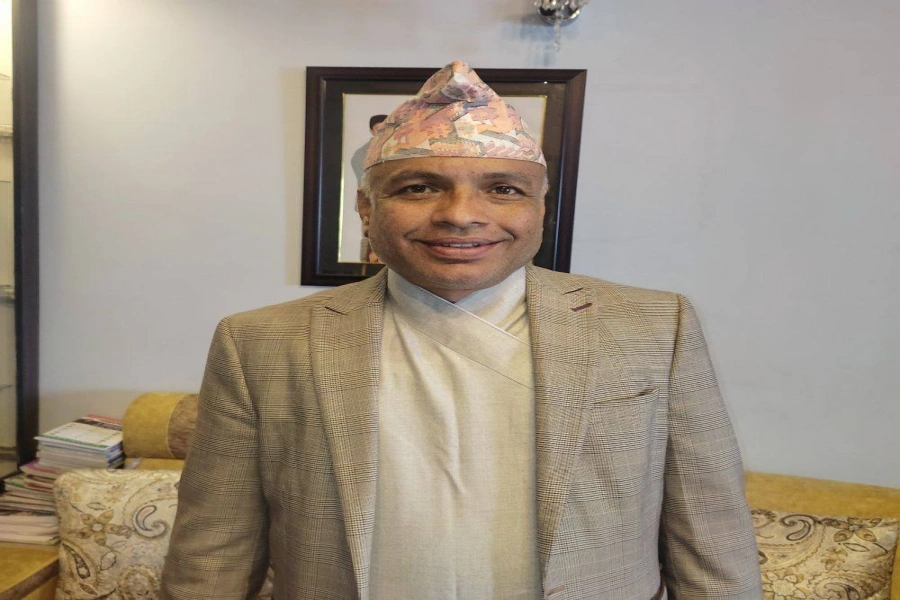It is unfortunate that the government has done very little to fulfill the anti-money laundering (AML) norms even though the country risks isolation from the rest of the world, something which can cost the country dearly both on political and economic fronts. By consistently missing the deadline in its fight against dirty money and terrorism financing, Nepal has for sometime been treading on a risky path. The situation of late has been even worse. International community, particularly the Financial Action Task Force (FATF)—the global AML watchdog—has already made it crystal clear that the country will face stringent action if it still lingered on the issue.
In fact, the country feared international action when FATF members met in February in Paris, but luckily the country managed to escape the wrath of the global community—thanks to the eleventh-hour diplomacy and Prime Minister Dr Baburam Bhattarai’s personal commitment to comply with the norms. Such dire efforts had won the country a fresh deadline till June. The three-and-a-half month window was crucial. Sadly, expect for the new directives that NRB issued in March to track the flow of dirty money, Nepal has not taken a single positive step in complying with the 49 recommendations laid down by the FATF. This lack of convincing efforts has started weighing heavy—international banks like Citibank and WashingtonFirst have already denied handling Nepal’s transactions; others too have raised service charges citing additional cost they incur for extra scrutiny of transactions generating from Nepal.
The message given by the international bankers is clear. Worse, Asia Pacific Group (APG), the regional wing of FATF, now rates Nepal as one of the poor performers in the region and has called top Nepali officials for a face-to-face grilling on Tuesday. With little fresh development being witnessed to act on FATF recommendations the country, which has fully complied with just one recommendation and grossly flouted 33 others (others 15 being partially complied), APG is certain to report the dismal picture of Nepal to the FATF when it holds next plenary in Rome in June. This is certain to put the country in a vulnerable position.
There really remains only one option for Nepal. It must enact Extradition Bill, Mutual Assistance Agreement Bill and Bill on Control of Organized Crime—the three laws that remain the bone of contention—and also step up action against financial crimes within a month. The bills are already in the parliament. We urge the leaders to grasp their import; the House for its part should put it high up on its business. Many lawmakers including from like Baidya faction of UCPN (Maoist) still argue these laws are not necessary. But their perception is flawed because these laws primarily serve the purpose of controlling crime, corruption and illicit accumulation of wealth by wrongdoers. Also the cost of non-compliance is too heavy—both externally and internally. Hence, we urged the political leaders to act sensibly and work for the long term interest of the country.
The costly AI bet: Why a $400bn chip boom may be wearing thin





































